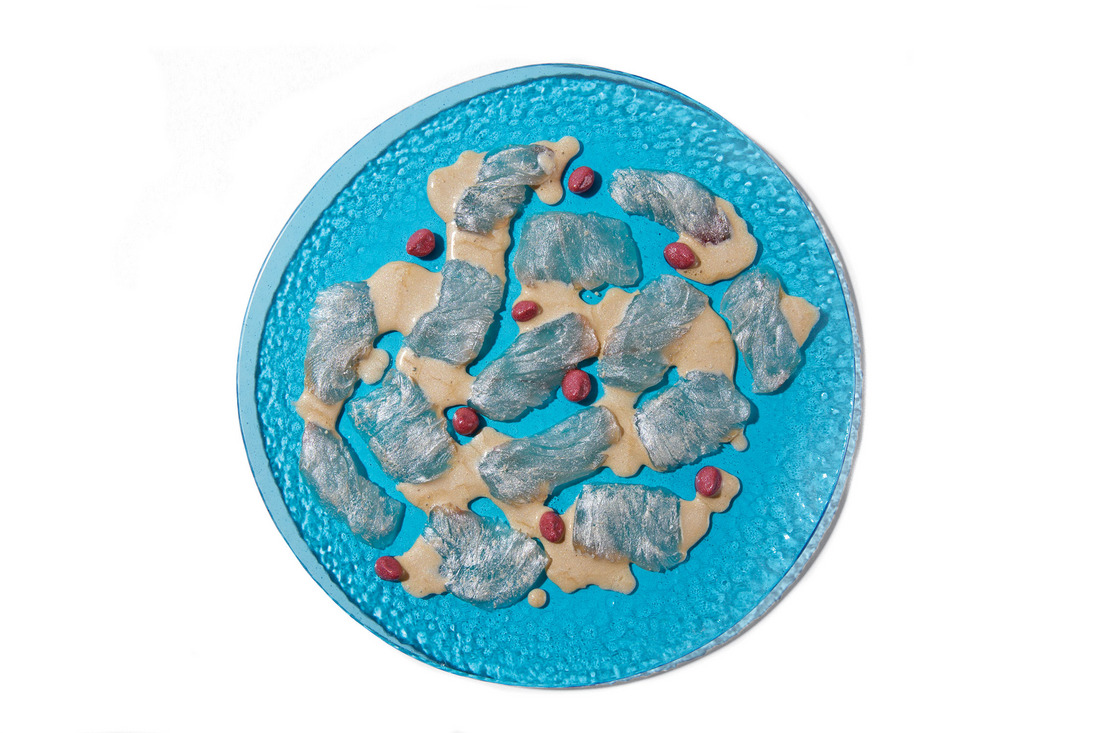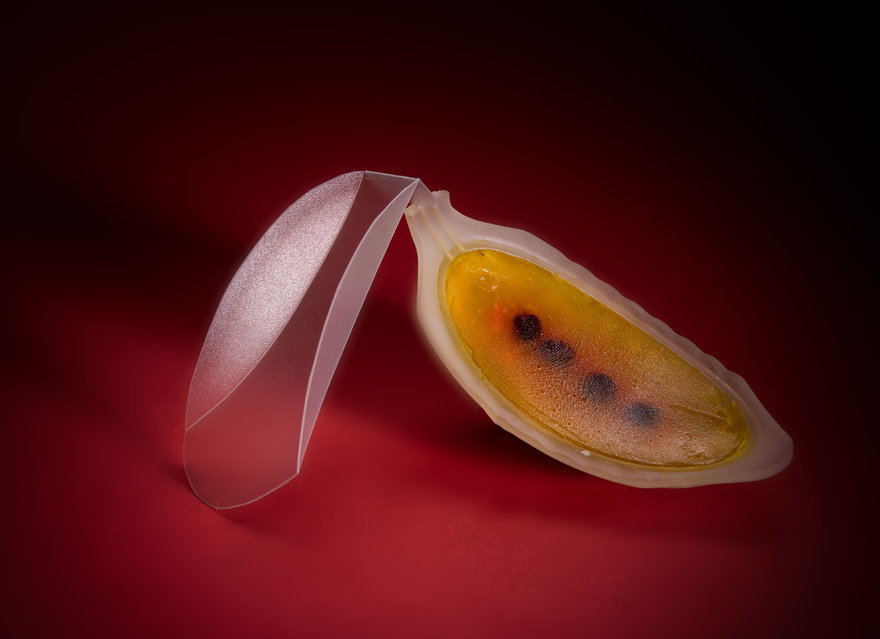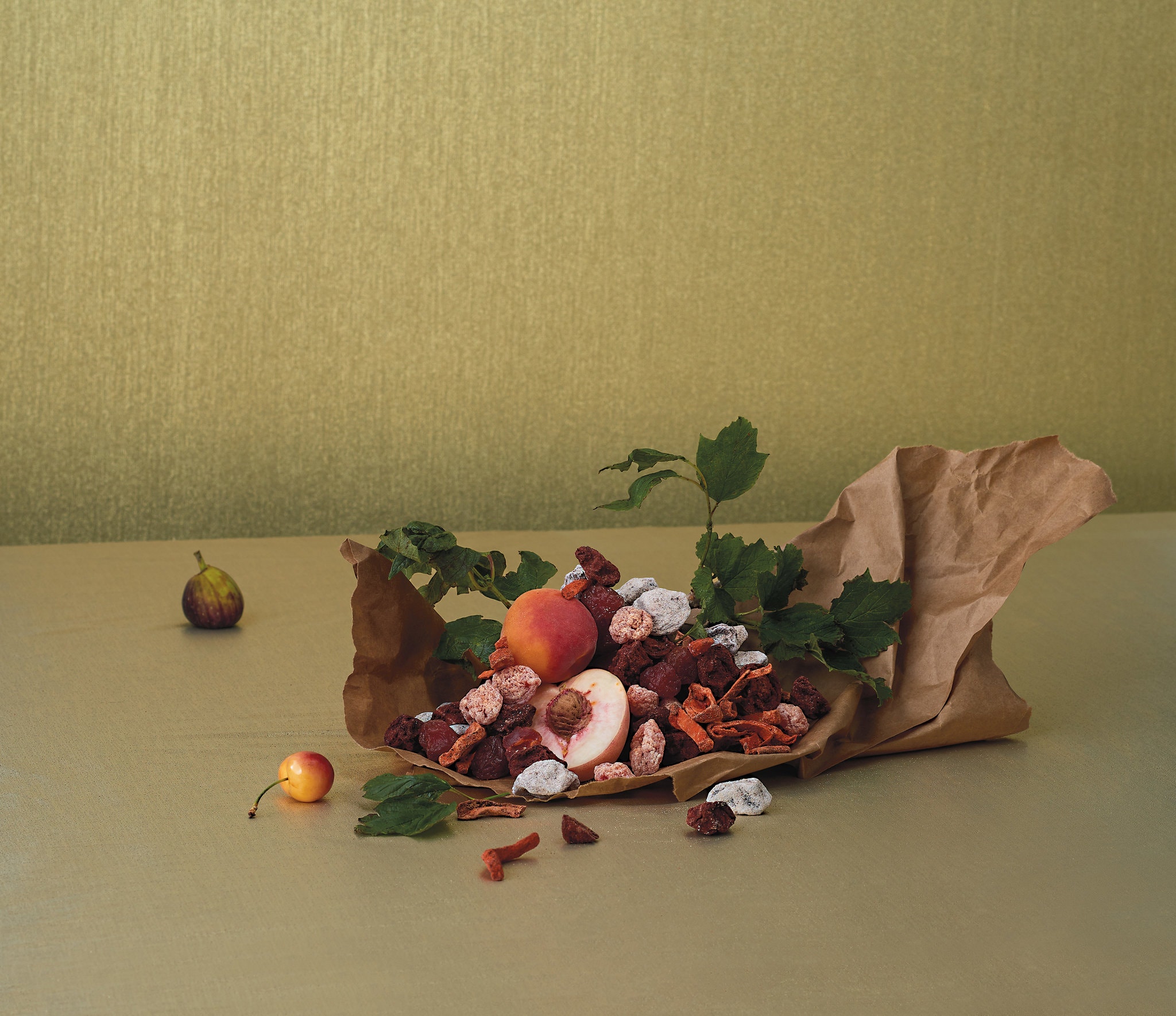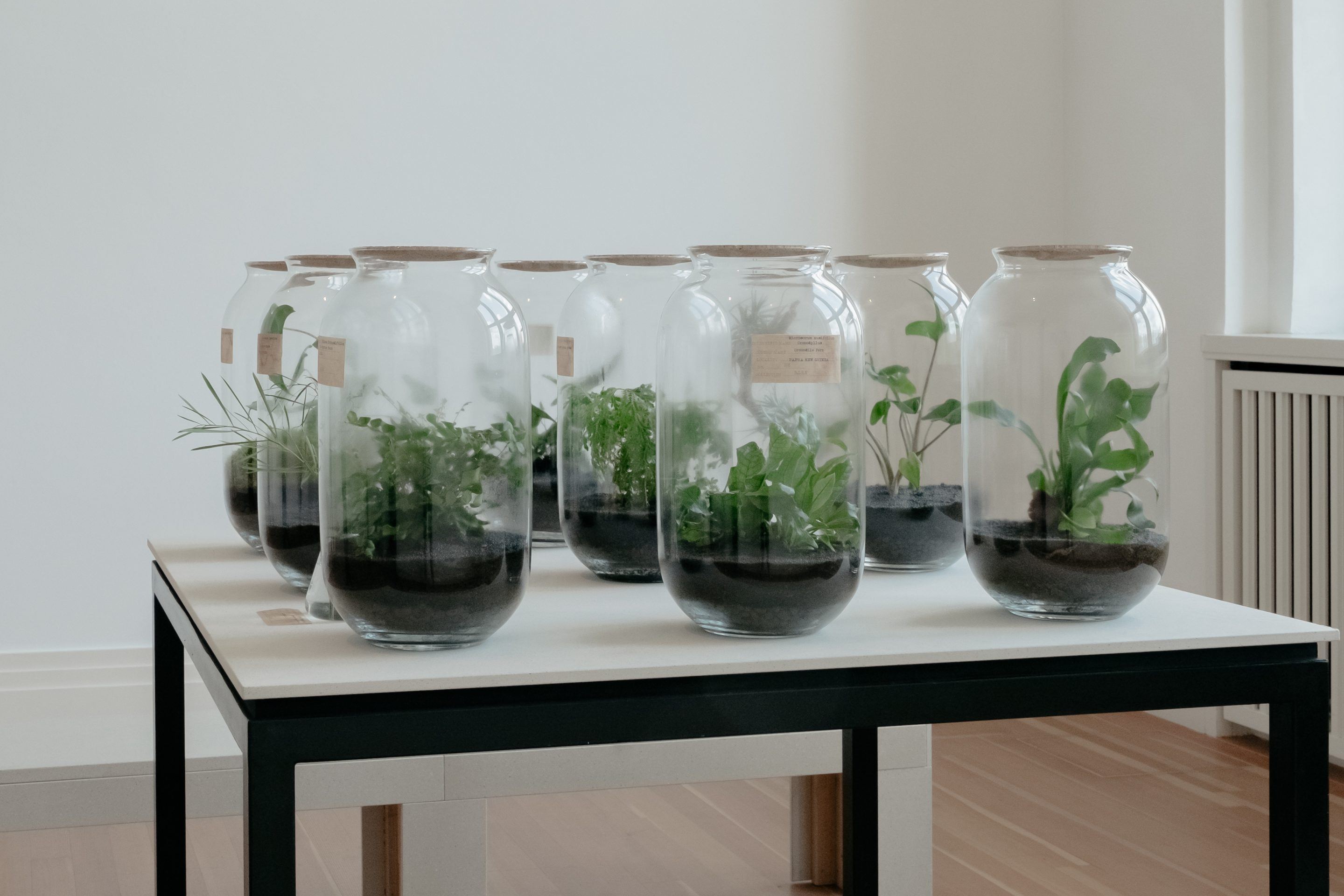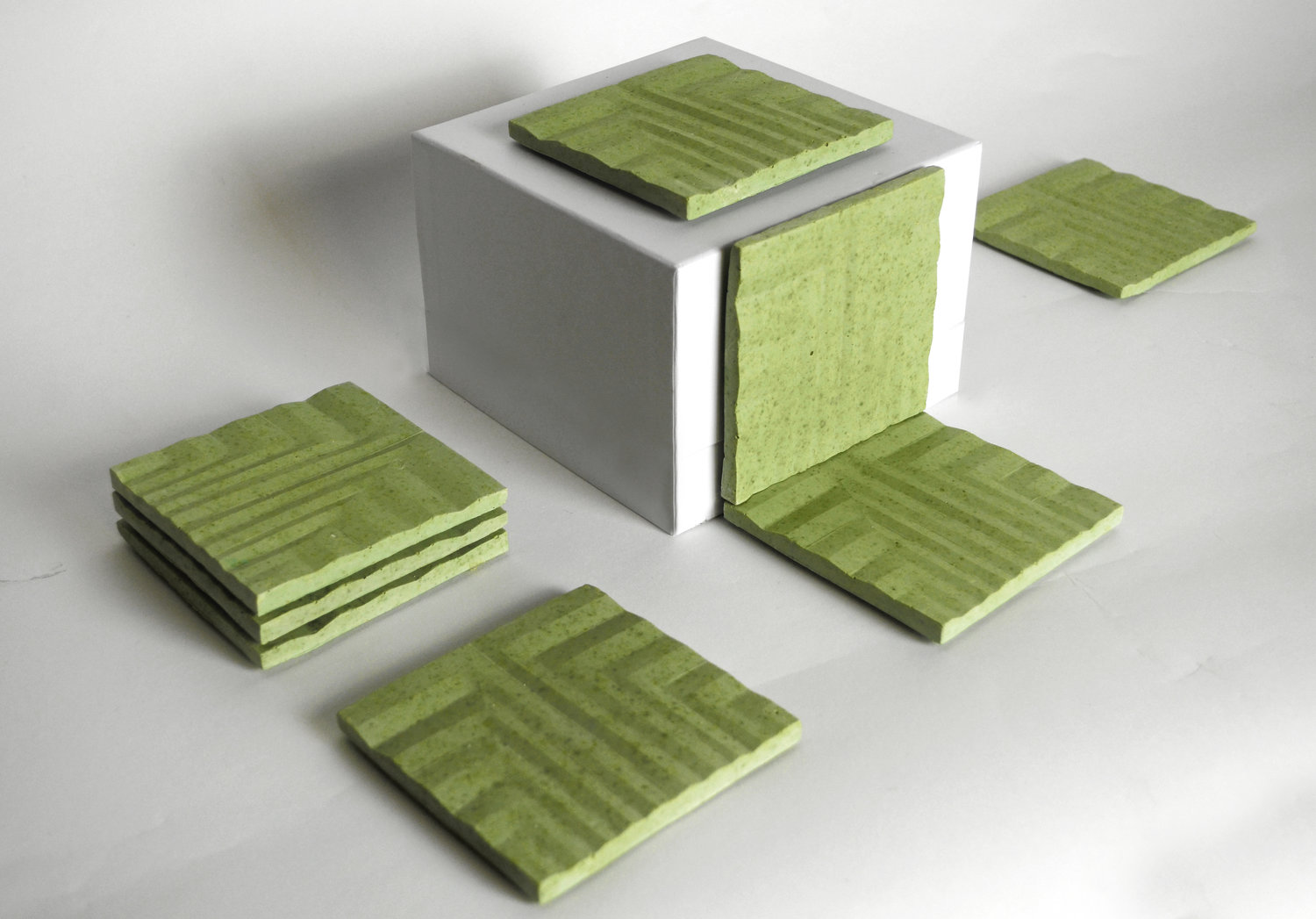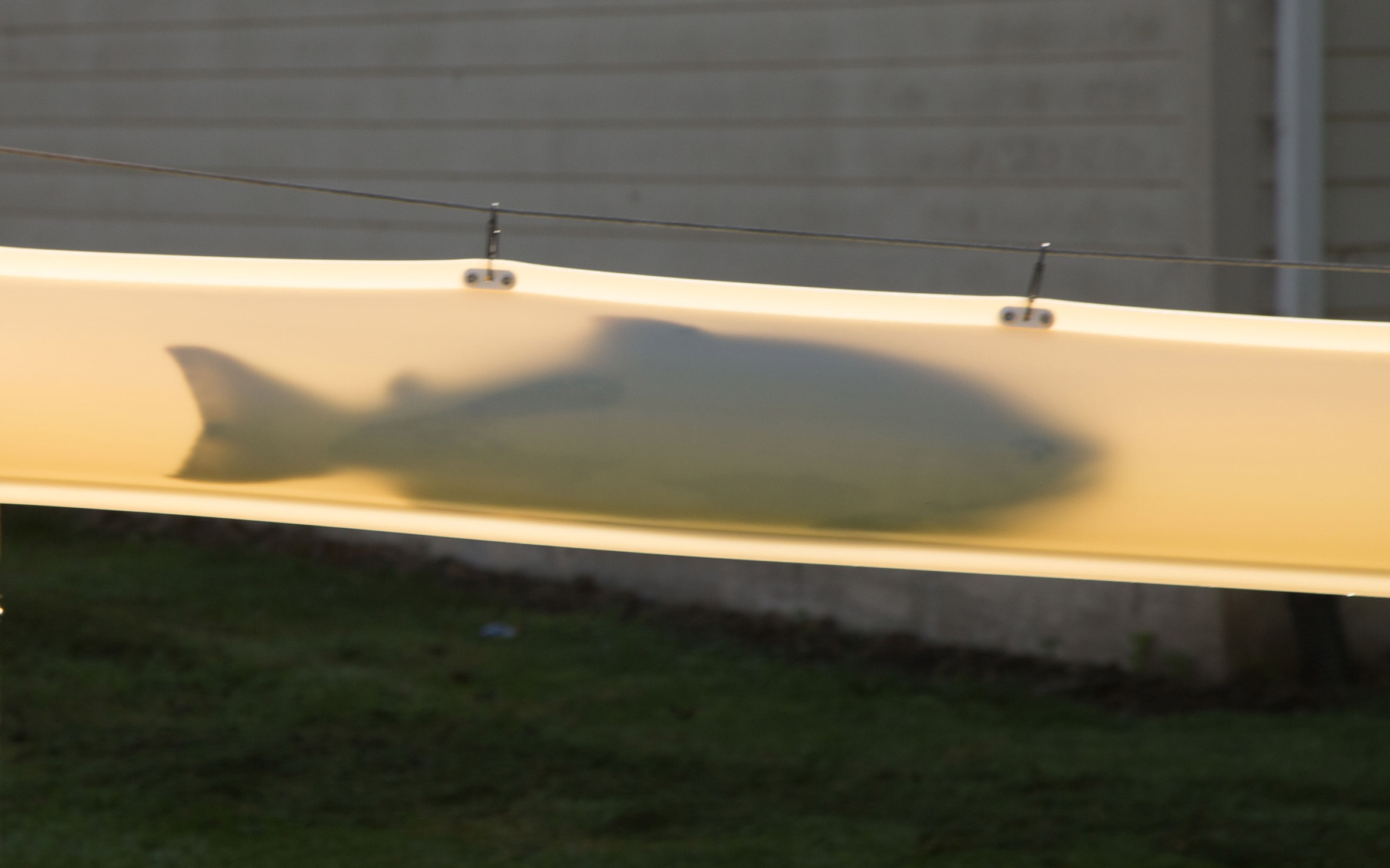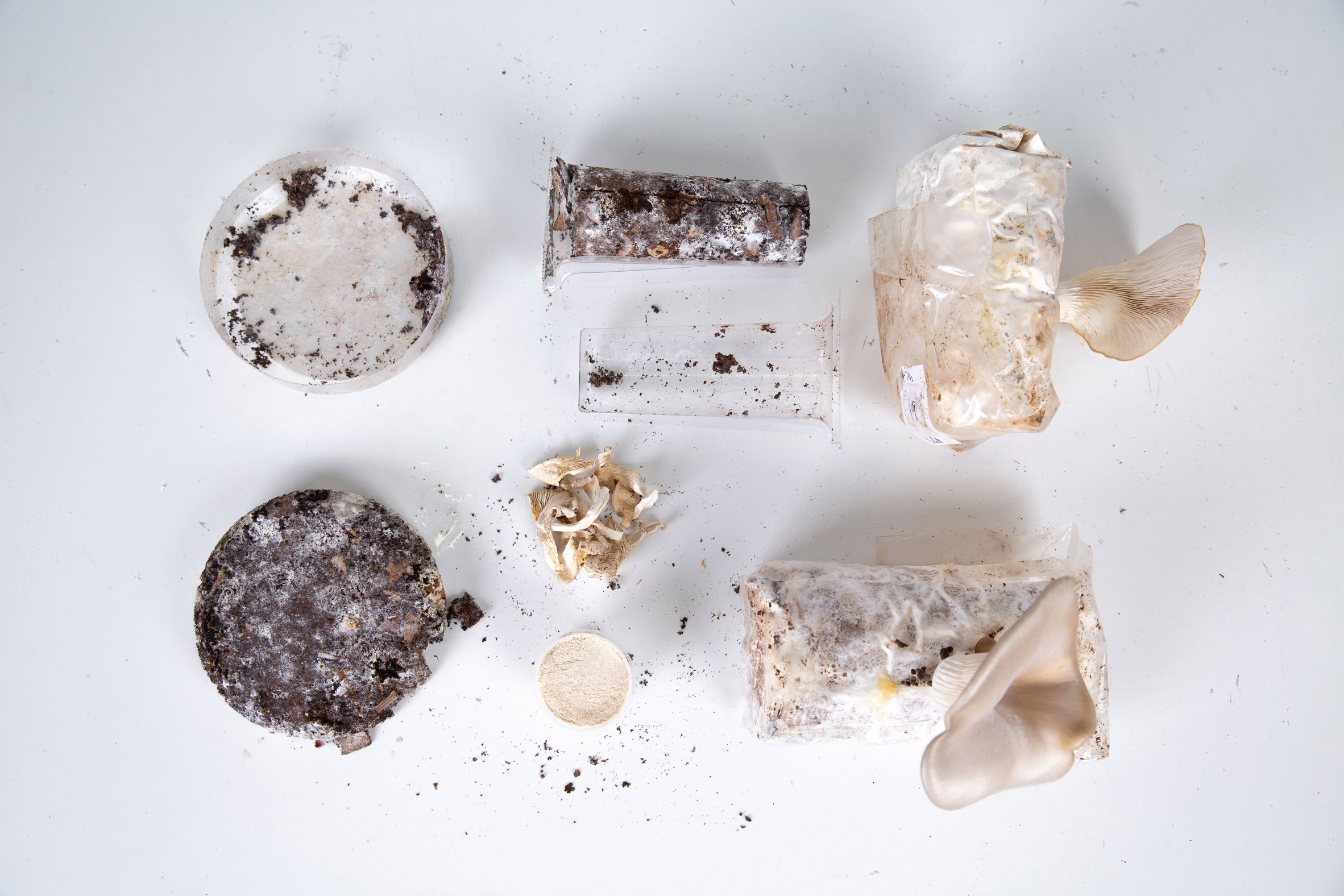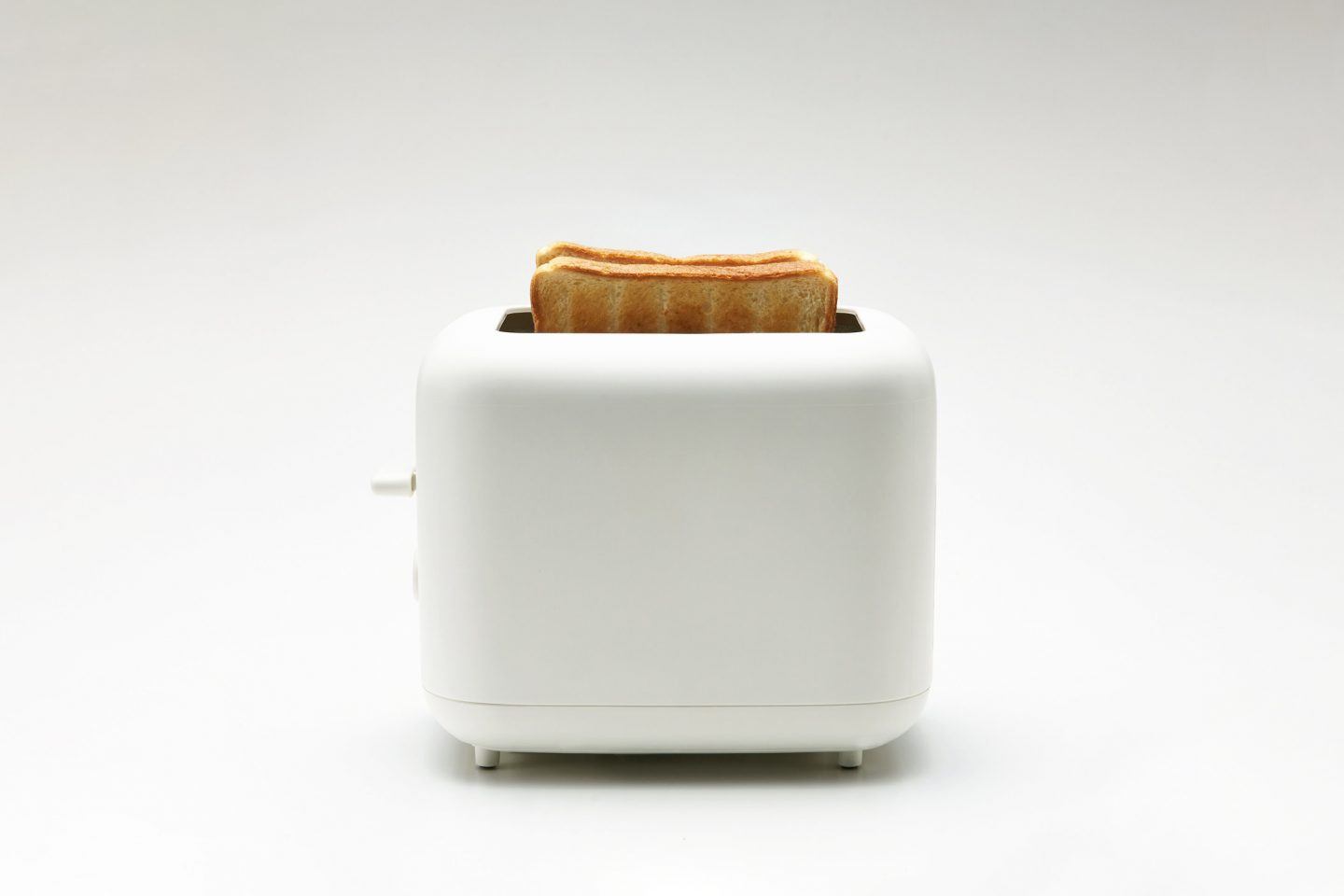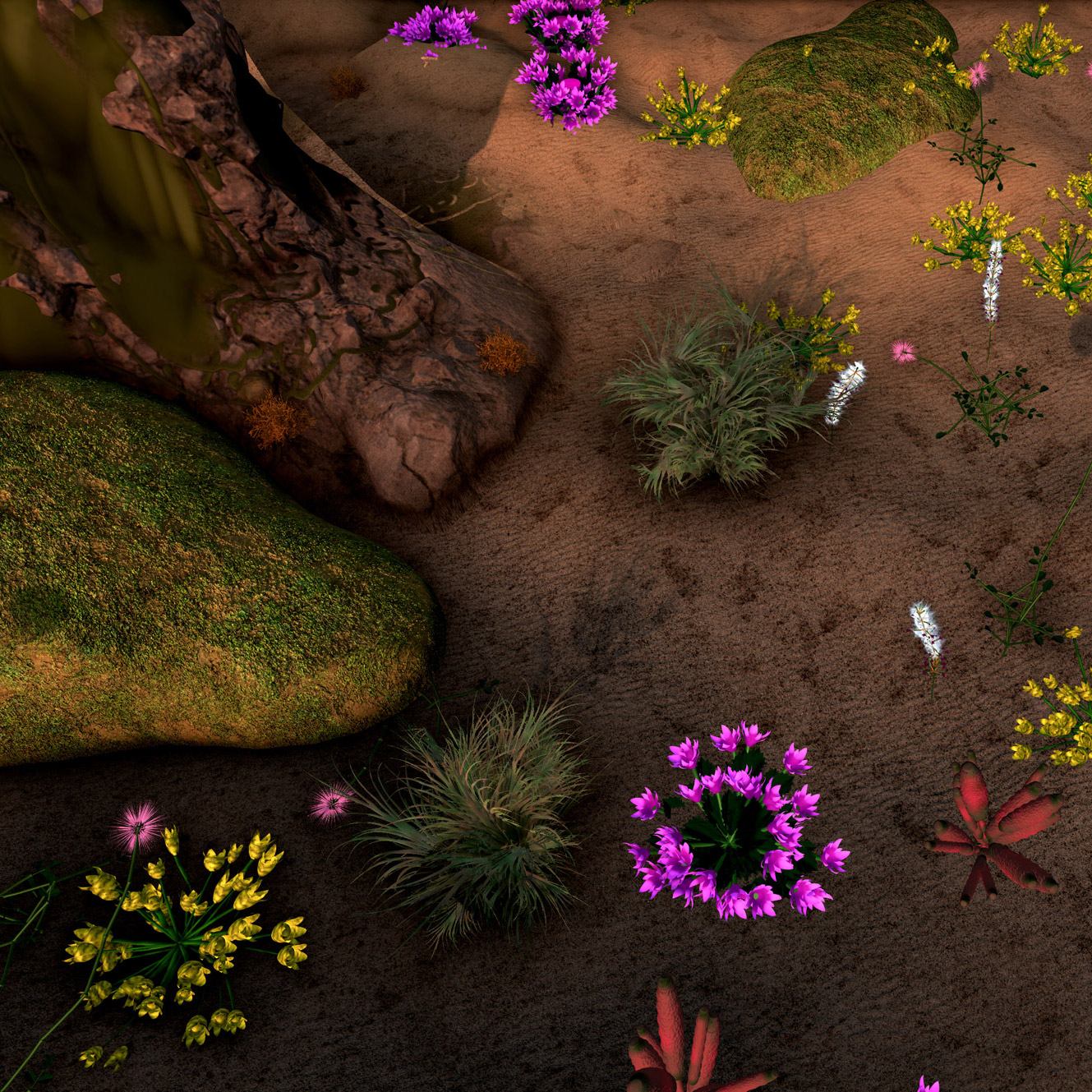Our weekly serving of off-the-menu items—a few popular favorites from the week, as well as a few morsels that may have slipped your notice.
The search for more efficient agriculture has spurred the development of innovative agricultural startups, searching for urban farming systems and robot farmers that could change the way we grow food. This Agritecture article highlights some of the startups that will likely play a significant role in how we farm in the future, like Phytoponics, the company growing vine crops inside inflatable bags filled with water, and Bee Vectoring Technologies, who are using bees as micro-distributors of pesticides.
The World’s Biggest Alternative Meat Factory
Quorn Foods, one of the leading vendors of alternative meat products, just opened the “world’s biggest” alternative meat production facility. The factory, based in Northeast England, will produce 1.33 million Quorn products per week. The expansion is a response to the quickly growing market for vegan and vegetarian foods.
Yay or Nay? Keurig has partnered with Anheuser-Busch to produce a pod-based cocktail machine. Following the user-friendly model of their infamous k-cup coffee machines, the Drinkworks Home Bar can make a wide variety of cocktails, including cosmos, gin and tonics, and mojitos, as well as a few beers. Despite the fact that Drinksworks has a partnership with Loop Industries, the plastic compartments that house a shot of the required spirit with a concentrated form of mixer will certainly be adding to the single-use plastics landfill problem for which the original coffee K-Cups have long been criticized.
Designing a Solution to Water Scarcity
New York designers Agency-Agency and Chris Woebken have designed a simple plumbing fixture that could address water scarcity in cities. The conceptual system, dubbed Public Hydrant, could be attached to fire hydrants to create showers, drinking fountains, or even bird baths. The project aims to encourage people to drink local water, instead of turning to disposable water bottles. Now on view at ADO in Brooklyn.
After Dutch cheese company Levola Hengelo sued Smilde Foods for violating their copyright on a cheese spread, the EU Court of Justice ruled that flavor officially can’t be copyrighted. While Levola’s case rested on the idea that taste is similar to artistic products, the court clarified that taste is simply too subjective to copyright.





